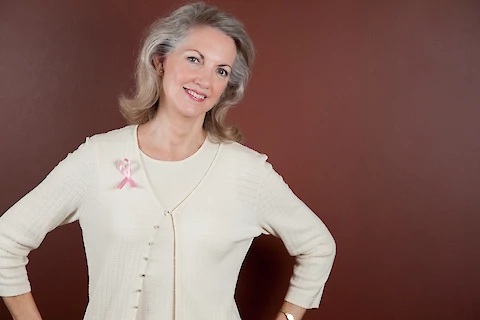
Breast cancer screening is pivotal in early detection and effective treatment, particularly for senior citizens. As a caregiver, understanding this procedure's significance and encouraging your senior loved one to undergo regular screenings may drastically improve their health outcomes. Get some insight into the risk factors, various screening methods, frequency of tests as seniors age, and interpreting results. Explore some valuable tips to motivate seniors who might be hesitant or fearful about screenings. Remember, while this article aims to be a helpful guide, it should not replace professional medical advice.
Understanding Breast Cancer Risk Factors in Seniors
Breast cancer risk increases with age, with most cases diagnosed in women over 50. Factors such as family history, genetic mutations, and exposure to estrogen over a prolonged period can further heighten the risk. Being informed about these factors can help caregivers gauge the vulnerability of their loved ones and encourage regular screenings.
Different Types of Breast Cancer Screenings
There are two main types of breast cancer screenings: mammograms and clinical breast examinations. Mammograms are X-ray images that unveil abnormal masses or calcifications that can indicate cancer. Clinical breast exams involve a healthcare professional inspecting and feeling the breasts and underarms for lumps or other changes. Although mammograms are the most reliable detection method, clinical examinations also play a crucial role in the early detection of anomalies.
Frequency of Breast Cancer Screenings in Seniors
The frequency of breast cancer screenings usually depends on an individual's risk level. Generally, annual mammograms are recommended for women over 40. However, more frequent screenings may be necessary for seniors with a higher risk due to certain factors. A healthcare provider can give the most accurate advice based on a senior's overall health and personal history.
Interpreting Screening Results
A radiologist will typically interpret the results of a mammogram or clinical breast exam. While a negative result means no signs of cancer are found, a positive result indicates abnormal findings and doesn't always mean cancer. Further diagnostic tests might be suggested for a definite diagnosis. Should the results be unclear or suspicious, don't panic; it's fundamental to consult the healthcare provider for the next steps.
Encouraging Regular Screenings
Encouraging regular screenings can sometimes be challenging, as seniors might fear the procedure or the potential results. Caregivers can approach this by emphasizing the importance of early detection in successfully treating breast cancer. Using gentle persuasion while addressing their concerns empathetically can make the process more acceptable.
The Role of Professional Medical Advice
Although we aim to provide insightful information, this guide should not replace professional medical advice. Each person's health situation is unique and requires a personalized approach. Therefore, regular consultations with healthcare providers are essential to ensure the best health outcomes.
Senior Helpers Tri-Cities and SE Washington Supports Seniors in Staying Healthy
The significance of regular breast cancer screenings for seniors cannot be overstated. As caregivers, your role in encouraging and facilitating these screenings can be life-saving. If you are based in Kennewick, Walla Walla, Richland, Pasco, and Clarkston and need support, reach out to Senior Helpers Tri-Cities and SE Washington for professional, compassionate assistance.